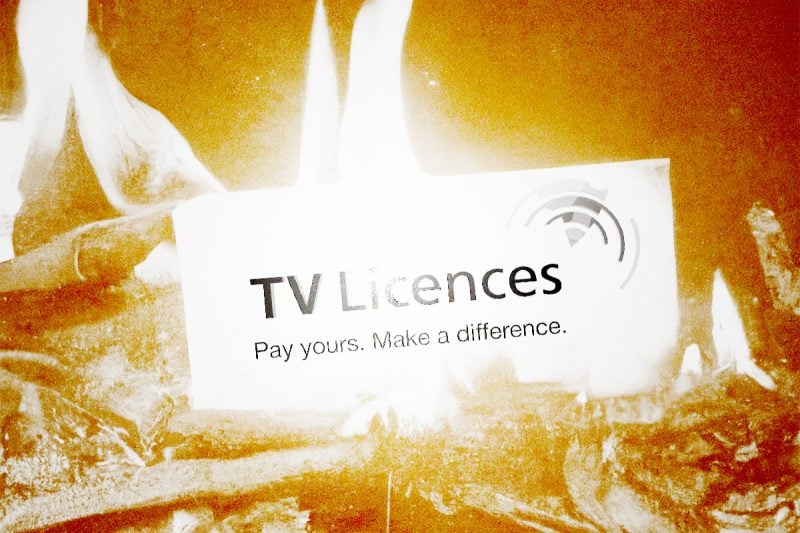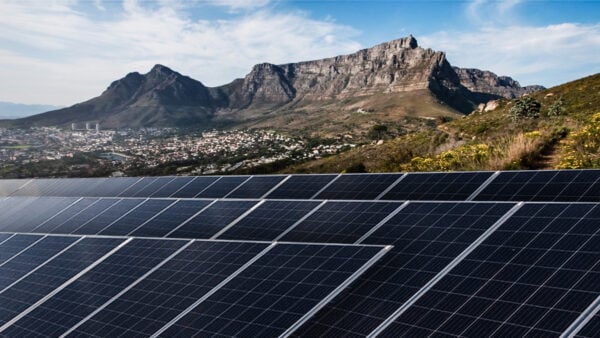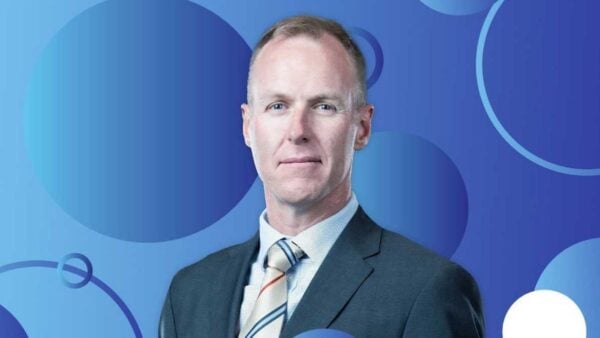Taxes that could replace the SABC TV licence

The South African Broadcasting Corporation’s (SABC’s) TV licence scheme is failing. The proportion of people avoiding payment has risen sharply in recent years, contributing to the SABC’s dismal financial situation.
Various alternatives, including household taxes and levies on local and international streaming services, are being considered to rescue the SABC.
South Africa’s public broadcaster has been losing money since the 2014/15 financial year. While TV licences aren’t its primary source of funding, high delinquency rates are a major cause of its poor financial performance.
The SABC’s latest annual results revealed that TV licence avoidance had reached 86%, meaning just 14% of TV licence holders paid their fees in the financial year.
The SABC billed nearly R5 billion for TV licence fees in 2023/24, of which it only managed to collect R741.2 million. It therefore missed out on approximately R4.3 billion in revenue.
Moreover, this figure only includes TV licence holders who refused to pay. It doesn’t count households that should have a TV licence but don’t.
The trend of TV licence avoidance is a significant concern for the broadcaster, as it has only increased since 2019. Avoidance rates from 2019 to 2024 were as follows:
- 2019 — 69%
- 2020 — 81%
- 2021 — 82%
- 2022 — 82%
- 2023 — 84%
- 2024 — 86%
This is even though the payment of TV licence fees is mandated in Section 27 of the Broadcasting Act No.4 of 1999.
It stipulates that failure to pay TV licence fees could result in a fine not exceeding R500, imprisonment of up to six months, or a combination of the two.
However, the Organisation Undoing Tax Abuse (Outa) previously told MyBroadband that TV licence holders shouldn’t fret.
It said dragging non-paying customers to court would be costly for the public broadcaster and, ultimately, not worth it.
Two of the latest proposals to bolster SABC revenue generation and replace the current TV licence scheme are explained below.
Household tax

The SABC has proposed implementing a household levy to replace the TV licence scheme on several occasions in the past few years, with the most recent proposal coming in September 2024.
The public broadcaster says access to its content has expanded beyond just TVs to include multiple device types, necessitating a household levy.
Such a levy would be mandatory for households with access to the SABC’s services, regardless of whether they use them.
The latest model was presented by Philly Moilwa, the SABC head of policy and regulatory affairs, during a public hearing on the SABC Bill held by Parliament’s Portfolio Committee on Communications and Digital Technologies.
He argued that the South African Revenue Service (SARS) would be the most effective collection agency for the levies.
He also said that pro-competitive licence conditions could enable South Africa’s dominant subscription broadcaster, MultiChoice’s DStv, to factor the fee into its subscription costs.
However, MultiChoice told MyBroadband that it firmly opposes any proposals to collect these fees on the SABC’s behalf, either through its own services or through other broadcasting and streaming companies.
It raised concerns about how the public broadcaster would implement such a scheme and whether it would achieve the desired result.
“We have long maintained that requiring subscription broadcasters and other commercial players to collect fees on behalf of the SABC is inappropriate, both in principle and practice,” said MultiChoice.
“Moreover, any such obligation would raise concerns around privacy and fairness, not to mention the costs associated with system adjustments and customer service.”
However, it supports the proposal for SARS to collect the public broadcaster’s mandated fees.
“We have, for instance, proposed a model wherein SARS could manage TV licence collections,” it said.
Netflix levy

In March 2025, communications minister Solly Malatsi revealed that he was considering a levy on local and international streaming services to help fund the SABC.
Paid-up TV licence holders would be exempt from the levy.
However, his spokesperson, Kwena Moloto, emphasised that the levy is only one of several options being explored.
“The Department is exploring several funding models, none of which have been adopted as a proposal at this stage,” he told MyBroadband.
Sportscape Media founder and director Gary Rathbone supports implementing a levy on streaming services.
He explained that, while local players like MultiChoice, SABC, and E-tv, are restricted in their ability to operate in South Africa, international services like Netflix are not.
“Whether it’s MultiChoice, the SABC, or E-tv, they have restrictions that we place on them because they’re South African broadcasters, and they have dues to pay to the South African public to be able to operate,” said Rathbone.
“Netflix and the like don’t have those restrictions. So they need to have some kind of thing to level the playing field, and I think the levy is definitely the only way to go.”
































